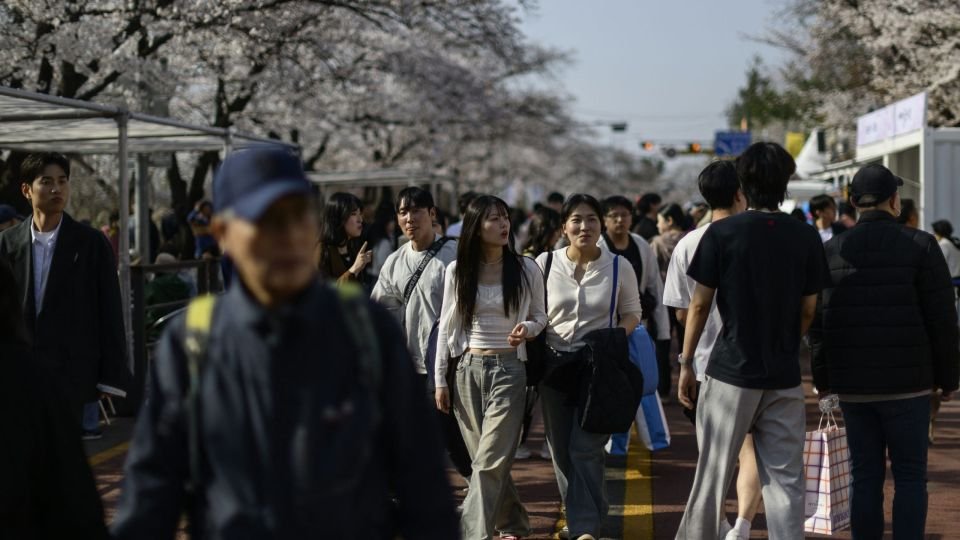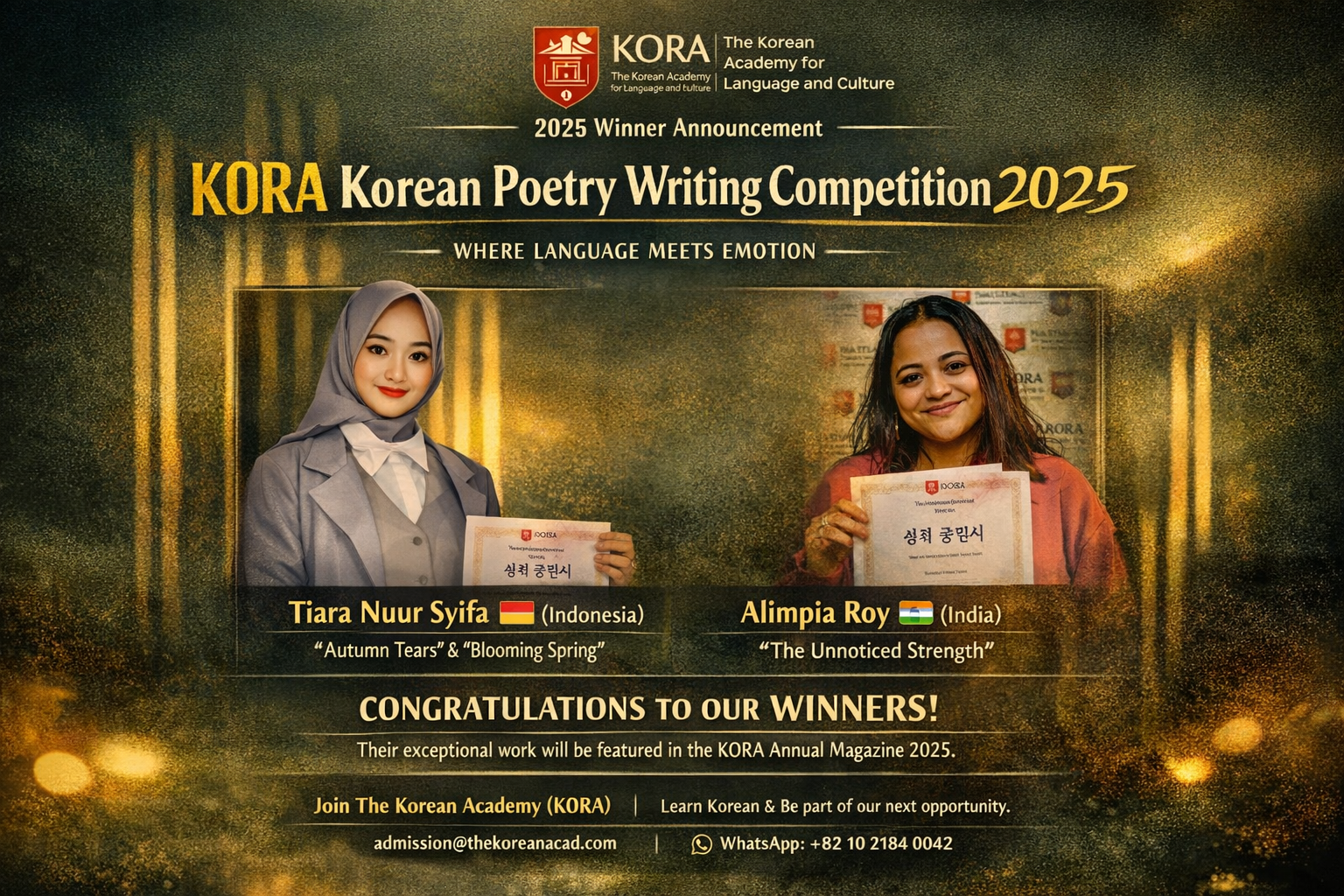Lee Jae-woong, director of the Multicultural Family Division at the Ministry of Gender Equality and Family, explains the results of the National Multicultural Acceptance Survey during a press briefing at Government Complex Seoul, Thursday. (Yonhap)
A recent National Multicultural Acceptance Survey conducted in South Korea revealed a surprising generational gap in attitudes toward multiculturalism. While adults in their 20s to 60s showed an overall increase in openness toward multicultural families and individuals, teenagers demonstrated a significant decline in multicultural acceptance.
Lee Jae-woong, director of the Multicultural Family Division at the Ministry of Gender Equality and Family, disclosed the results during a press briefing held at Government Complex Seoul. According to the survey, younger adults tend to have more exposure to multicultural environments through education and the workplace, contributing to more accepting attitudes. Conversely, teenagers reported lower levels of interaction with people from different cultural backgrounds, and their perceptions were more likely to be shaped by online content and social media, which can often include stereotypical or negative portrayals.
The Ministry plans to expand multicultural education programs targeting youth, with a focus on promoting inclusivity and accurate understanding of diverse cultures. Officials emphasized the need for a more inclusive curriculum in schools to address these attitudes early on.
This generational contrast underscores the importance of proactive multicultural education and integration strategies in South Korea's increasingly diverse society.
References
Yonhap News Agency. (2025, June 5). Lee Jae-woong explains survey results on multicultural acceptance. Retrieved from briefing at Government Complex Seoul.
- Reported by Abhishek Kumar
Intern at the Korean Academy
Korean news analysis and reporting


